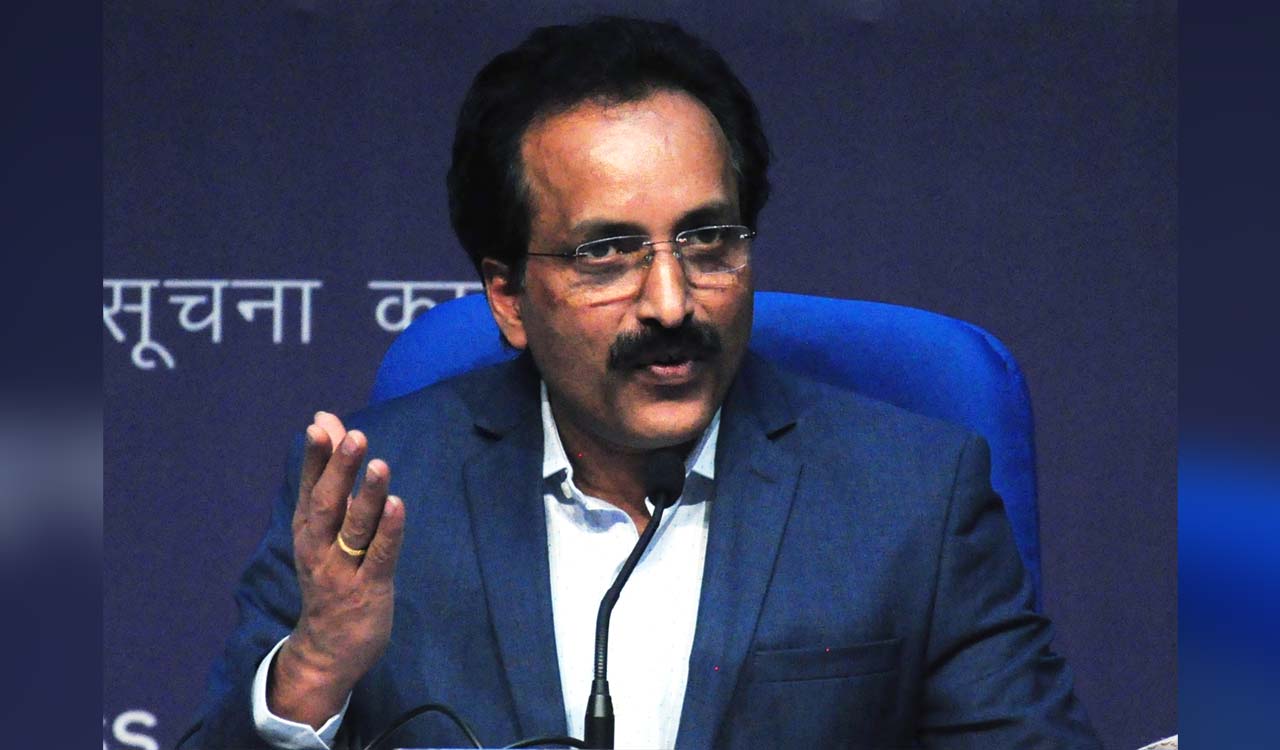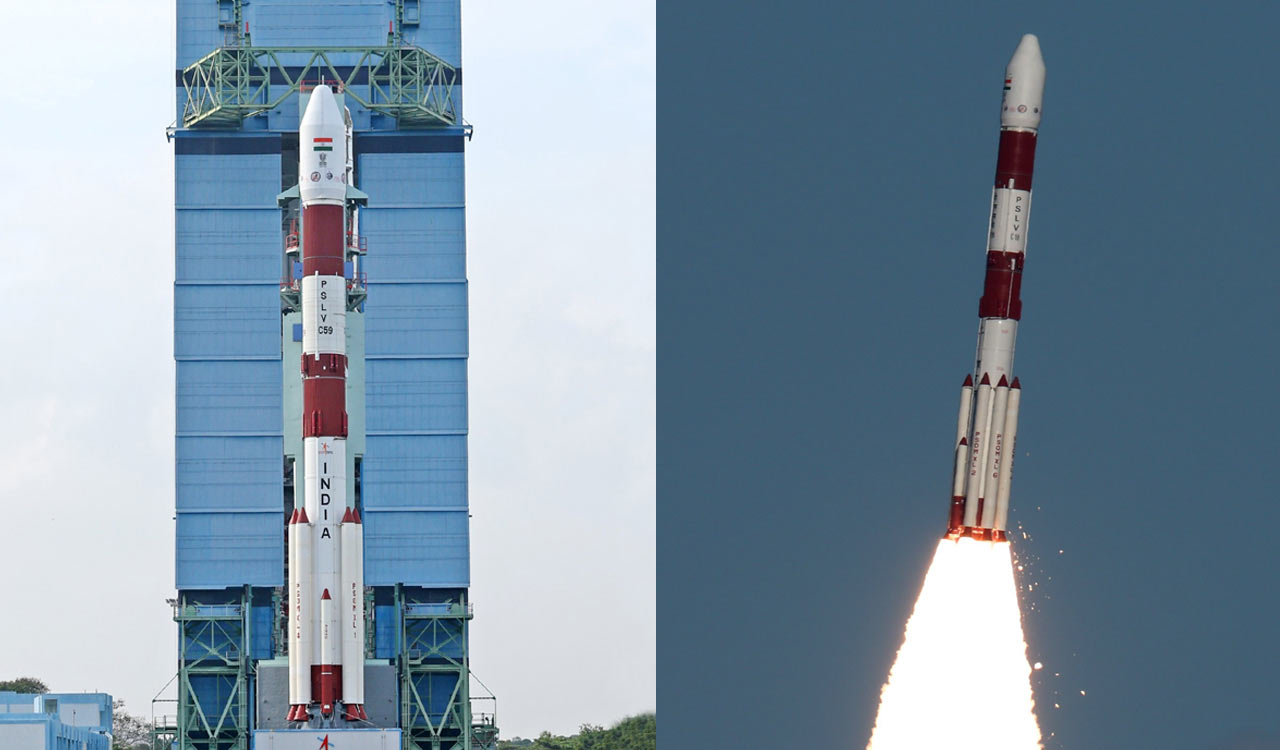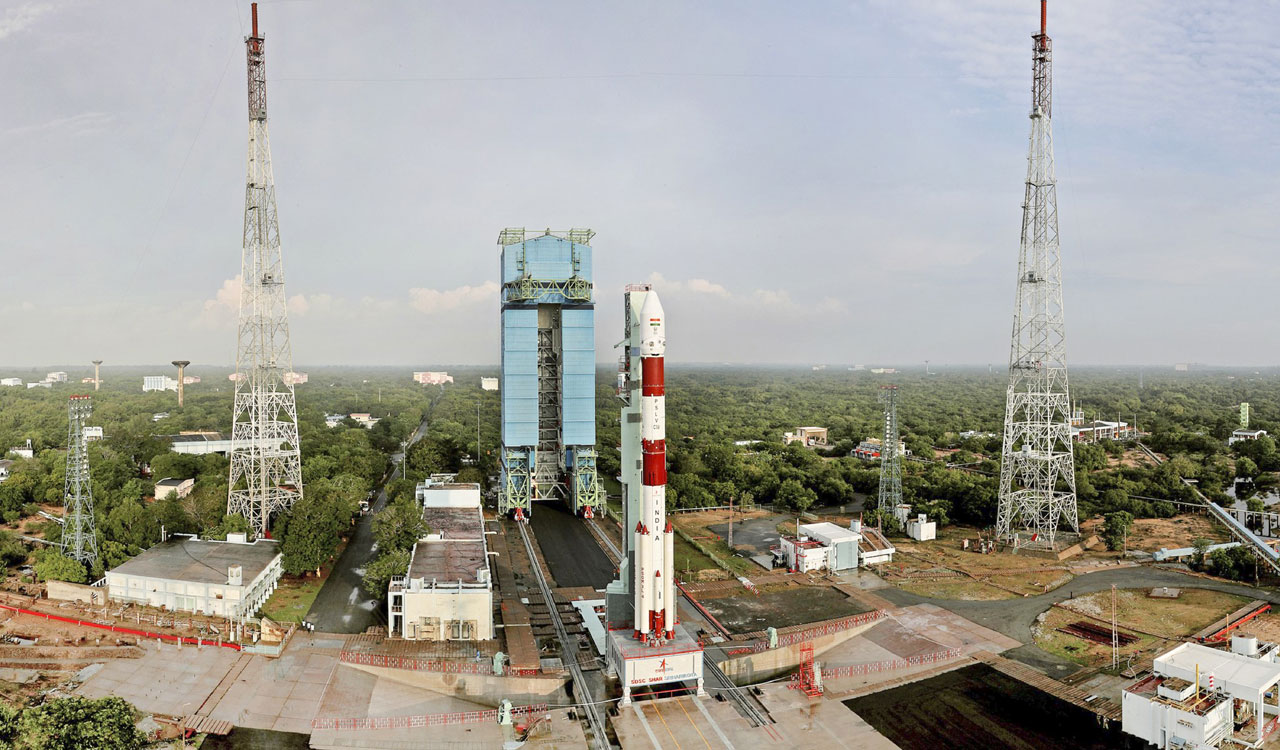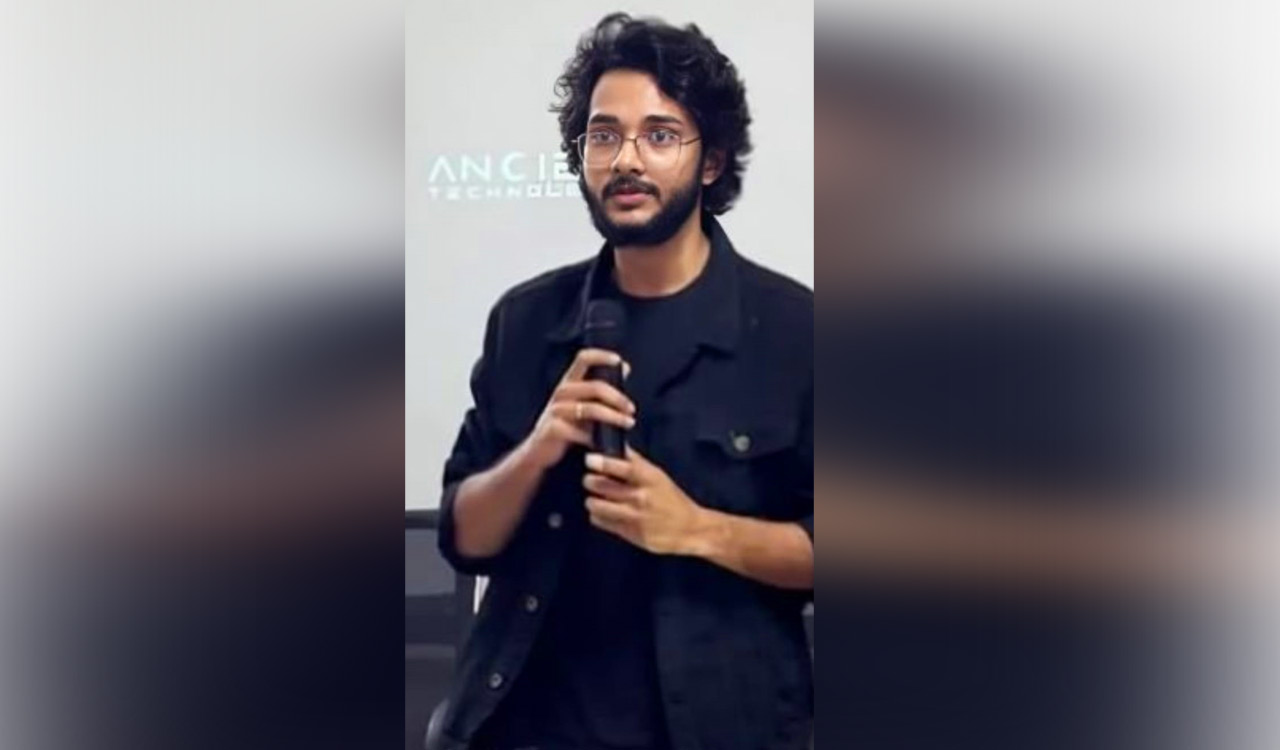Government panel suggests no permanent staffing in NTA, but longer tenure for executives, experts
The National Testing Agency came under fire over alleged irregularities in the conduct of NEET-UG and PhD entrance NET. Later, the government set up a panel in July to study the functioning of the NTA

New Delhi: There will not be any permanent staffing in the National Testing Agency (NTA), instead, the Centre’s high-level panel on exam reforms has recommended longer tenure for executives and domain experts with attractive service conditions. According to the Opposition’s claims, NTA operates with fewer than 25 permanent employees and conducts over two dozen major exams, including the highly competitive NEET-UG.
The National Testing Agency came under fire over alleged irregularities in the conduct of NEET-UG and PhD entrance NET. Later, the government set up a panel in July to study the functioning of the NTA.
In its report, the panel headed by former ISRO Chief R Radhakrishnan said, “It is prudent to avoid permanence while staffing NTA. Still continuity and institutional memory must be maintained by the longer tenure of executives and domain experts drawn through central staffing scheme or from academic or specialised organisations.” “To attract competent and willing persons to relocate to NTA, attractive service conditions may be devised (special pay/higher grade on deputation, performance-related incentives or schemes, waiver of age limit),” it added.
The seven-member panel has noted that the NTA needs to be manned by internal domain-specific human resources and a leadership team with domain knowledge, proven experience and skill sets who should take charge of the testing process in future.
Suggesting a restructuring of the NTA, the committee noted that the agency should have an “empowered and accountable” governing body with three designated sub-committees to oversee test audit, ethics and transparency; nomination and staff conditions; and stakeholder relationships.
The panel has recommended 10 specific verticals, each at a director level. The verticals will be related to technology, products and operations, test security and surveillance.
Laying down a roadmap for testing centres, the panel suggested that it was possible to integrate such testing centres from Kendriya Vidyalyas, Navodaya Vidyalayas, reputable universities and institutes to establish a nationwide network of about 400-500 testing centres within a time frame of a year or so, which would provide about 2-2.5 lakh testing capacity for conducting CBT (Computer-based test) in one session nationwide.
It recommended that the NTA target developing at least 1,000 secure standard testing centres in a phased manner in reputable government institutions.
This process may require a ‘war footing’ approach, it noted.
“The committee envisions a testing centre allocation policy to ensure that ideally, the candidates should get a choice of testing centre in their district of residence,” it said.
The NTA’s role came under the scanner whenthe medical entrance exam NEET became a centre of controversy over irregularities, including alleged leaks. The UGC-NET was cancelled as the ministry received inputs that the integrity of the exam had been compromised. The CBI is probing both matters.
Two other exams — CSIR-UGC NET and NEET PG — were cancelled at the last moment as a preemptive step.
The panel also includes former AIIMS Delhi director Randeep Guleria, Central University of Hyderabad Vice-Chancellor B J Rao, Professor Emeritus in the Department of Civil Engineering at IIT Madras K Ramamurthy, People Strong co-founder and Karmayogi Bharat board member Pankaj Bansal, IIT Delhi Dean of Student Affairs Aditya Mittal and MoE Joint Secretary Govind Jaiswal.
The committee was also tasked with examining the existing security protocols related to the setting of the papers and other processes for various examinations and making recommendations to enhance the robustness of the system.
The panel had also two IIT Kanpur academicians as members — Amey Karkare, professor of Computer Science and Engineering and Debapriya Roy, assistant professor.
Related News
-
ISRO gearing up for space docking mission by December end: Somanath
-
ISRO’s PSLV successfully places two satellites of European Space Agency into orbit
-
ISRO gears up for PROBA-3 mission satellites launch from Sriharikota
-
Warangal Architect makes history: Shashank Bhoopathi chosen as Telangana’s first ISRO Space Tutor
-
Cartoon Today on December 25, 2024
5 hours ago -
Sandhya Theatre stampede case: Allu Arjun questioned for 3 hours by Chikkadpallly police
5 hours ago -
Telangana: TRSMA pitches for 15% school fee hike and Right to Fee Collection Act
5 hours ago -
Former Home Secretary Ajay Kumar Bhalla appointed Manipur Governor, Kerala Governor shifted to Bihar
6 hours ago -
Hyderabad: Organs of 74-year-old man donated as part of Jeevandan
6 hours ago -
Opinion: The China factor in India-Nepal relations
6 hours ago -
Editorial: Modi’s Kuwait outreach
6 hours ago -
Telangana HC suspends orders against KCR and Harish Rao
7 hours ago




